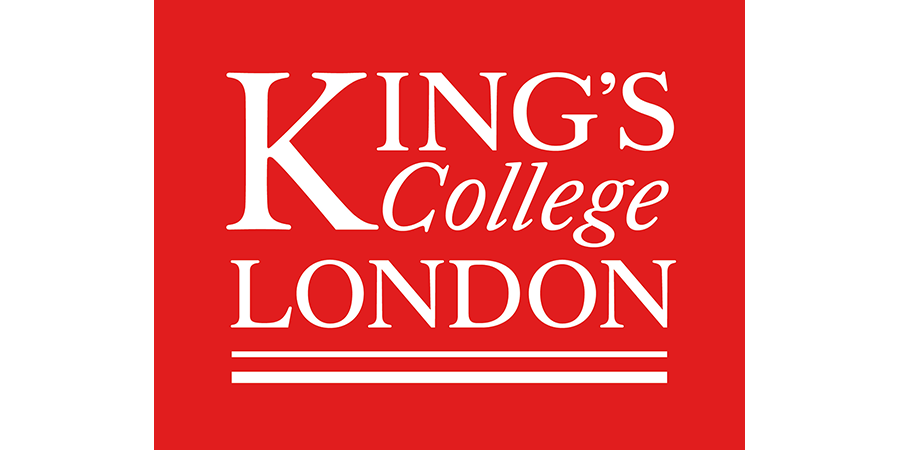Back to search results
Research Associate in Mechanisms of Neurodegeneration
King's College London - Basic & Clinical Neuroscience
| Location: | London |
|---|---|
| Salary: | £44,355 to £49,128 per annum, including London Weighting Allowance |
| Hours: | Full Time |
| Contract Type: | Fixed-Term/Contract |
| Placed On: | 15th April 2025 |
|---|---|
| Closes: | 6th May 2025 |
| Job Ref: | 113205 |
About us
The Department of Basic & Clinical Neuroscience is looking for a Research Associate to work on an Alzheimer’s Research UK-funded project to explore the role of astrocytes and molecular chaperones in tau pathology and propagation. You will join the laboratories of Maria Jimenez-Sanchez and Jackie Mitchell, based at the Maurice Wohl Neuroscience Institute in King’s College London.
About the role
You will be a highly motivated scientist who is passionate about science and has a background in neurodegeneration and/or proteostasis research. You will lead a project to explore the cellular and molecular mechanisms by which extracellular chaperones exert protective functions in Alzheimer’s disease.
We are looking for someone with cell biology and mouse in vivo expertise in the context of neurodegeneration. The project involves working with cellular models of tau pathology, including murine primary glial/neuronal cultures and/or iPSC-derived cells to explore disease mechanisms. In addition, we will use tauopathy mouse models to explore AAV-mediated strategies to rescue neuronal degeneration, cognitive and motor deficits. Expertise in both cellular and mouse models is preferably, but strong candidates with very extensive expertise in one of them and willingness to learn the other will also be considered.
The project also involves working with human post-mortem Alzheimer’s disease brain samples. We expect you will have a large degree of independence and will make major practical and intellectual contributions to the project and to the general scientific discussions in the team. We are looking for someone to contribute to a highly cooperative environment. Time management skills and the ability to work with others, as well as to train and supervise students in the lab are required.
This is a full time post (35 hours per week), and you will be offered an a fixed term contract up to 31st May 2028.
About you
To be successful in this role, we are looking for candidates to have the following skills and experience:
Essential criteria
- PhD awarded in a relevant field (e.g. Neuroscience, Biochemistry or other Biomedical Science).
- Theoretical and practical knowledge of neurodegenerative diseases, glial biology and/or proteostasis mechanisms
- Expertise in cellular biology, with hands on experience in culture of cellular models of neurodegeneration, including pharmacological and genetic manipulation (i.e. small interference RNA, lentiviruses, AAVs).
- Expertise in mouse models of neurodegeneration, including animal handling, sample processing through biochemistry and immunohistochemistry.
- Expertise in general biochemistry, cellular and molecular biology techniques including flow cytometry, western blotting, immunofluorescence, or ELISA
- Proactive and able to work independently and as part of a team, with experience in supervision of students and new lab members. Excellent presentation and communication skills
- A strong track record as evidenced by published or accepted papers in highly regarded peer-reviewed journals, oral and/or poster presentations at scientific meetings
Desirable criteria
- Expertise in rodent primary glia and neuronal cultures
- Expertise in iPSC-derived astrocyte and/or neuronal cultures
- Hands on stereotaxic injection in mice, cognitive and motor tests
- Quantitative proteomics and analysis of datasets
Downloading a copy of our Job Description
Full details of the role and the skills, knowledge and experience required can be found in the Job Description document, provided at the bottom of the next page after you click the “Apply” button, above. This document will provide information of what criteria will be assessed at each stage of the recruitment process.
We value your feedback on the quality of our adverts.
If you have a comment to make about the overall quality of this advert,
or its categorisation then please
send us your feedback
Advert information
Type / Role:
Subject Area(s):
Location(s):









